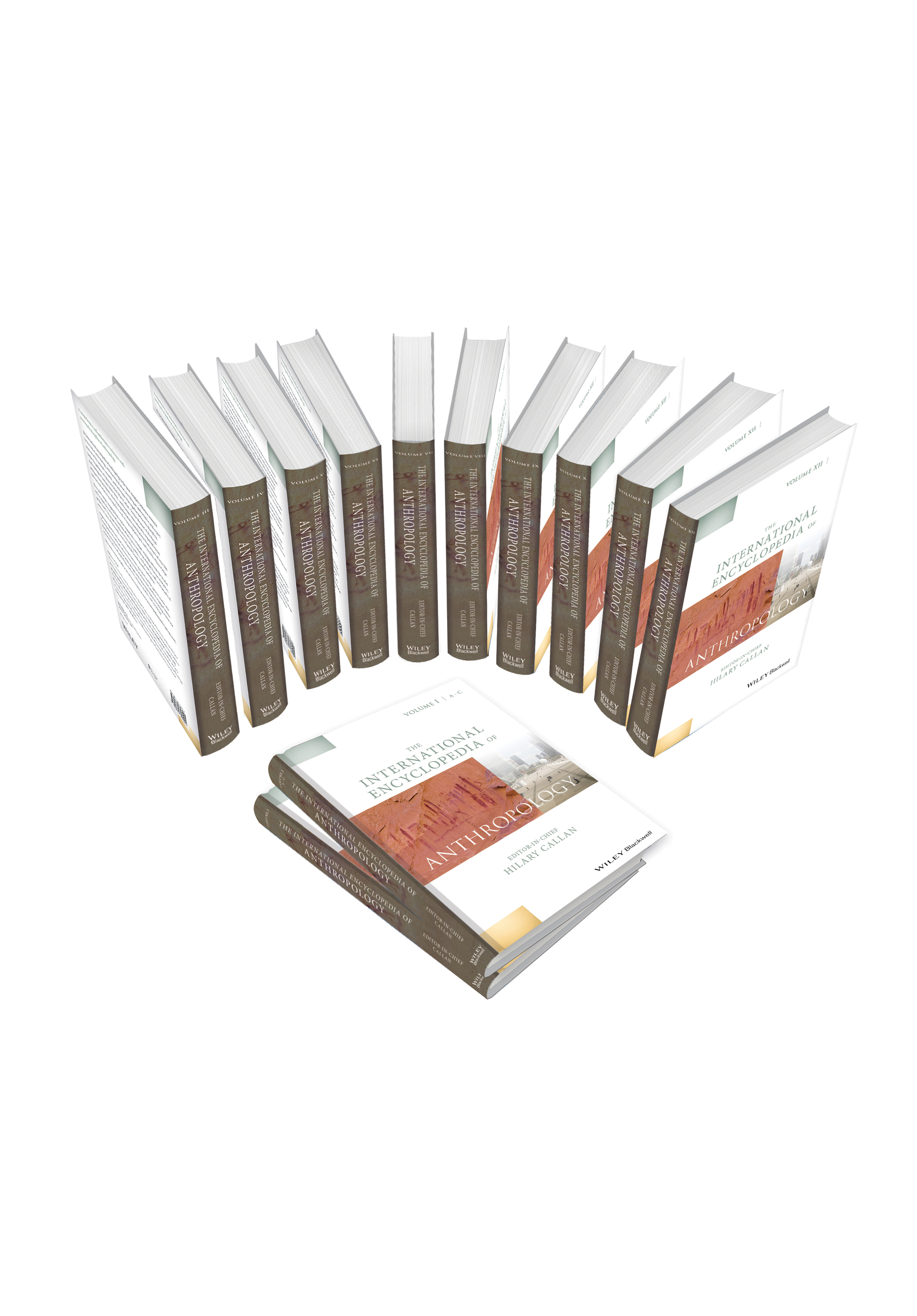Indigeneity in Anthropology
Abstract
Anthropologists interested in the lived experiences and politics of indigenous peoples have turned their analyses inward, interrogating how the discipline itself has influenced settler–colonial governance projects, popular conceptualizations of indigeneity, and indigenous claims to sovereignty and recognition. This review pivots around three major thematics driving twenty-first-century scholarship of indigeneity in anthropology. The first entails the ways indigeneity itself is construed, contested, and asserted, including the racial formations of settler colonialism and regimes of mestizaje. The second involves persistent dilemmas of indigenous–state relations, questions of sovereignty and citizenship, and recognition politics. The third section links demands for meaningful decolonization with ongoing debates about the politics of anthropological knowledge production and ethnographic refusal. A fourth and final section examines what anthropologists have dubbed the “ontological turn.”



